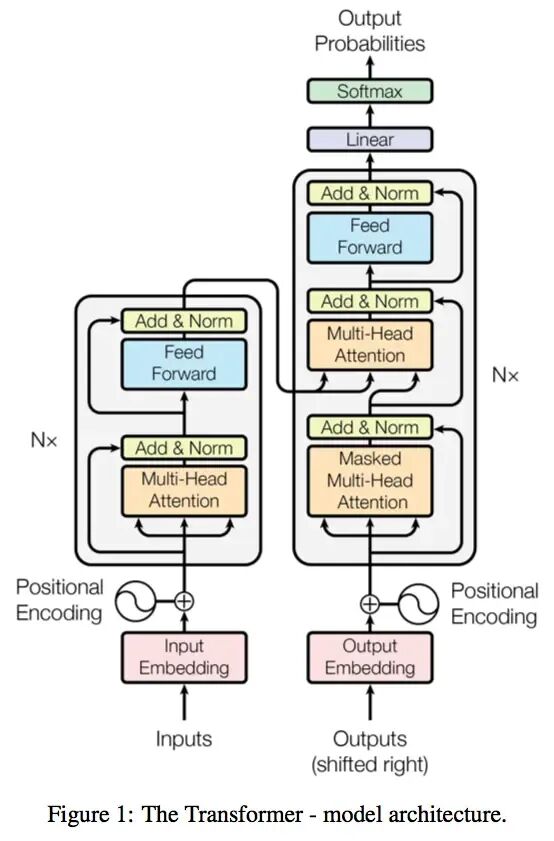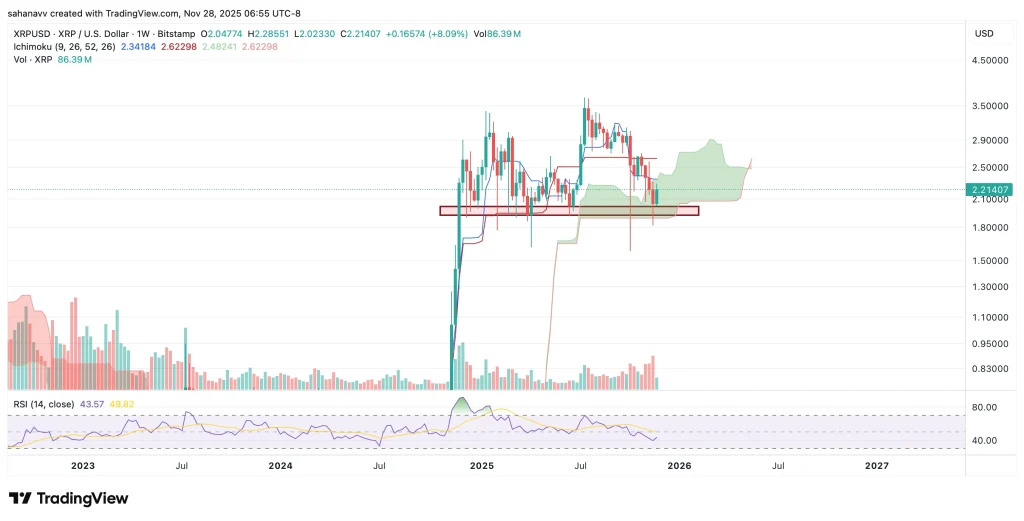Written by: FinTax
With the surging wave of blockchain technology, crypto mining companies have become a global investment hotspot. In this digital gold rush, the United States is rapidly emerging as the absolute global hub for crypto mining, thanks to its unique advantages—friendly regulatory environment, low energy costs, and a geopolitically driven trend toward localized manufacturing. According to data from the White House Office of Science and Technology Policy, as of 2022, the United States accounted for more than 37.84% of the global bitcoin mining hashrate, ranking first in the world. At the same time, dozens of listed companies are scrambling to establish their presence, and the industry landscape of crypto mining is expanding at an unprecedented speed.
However, beneath this prosperous scene, mining companies that mine domestically in the United States and directly sell cryptocurrencies are facing the challenge of double taxation. The cryptocurrencies obtained from mining must be declared for income tax at their fair market value upon acquisition; and when sold in the future, the appreciation relative to the acquisition value is subject to additional capital gains tax. This layered tax burden objectively imposes a heavy tax load on crypto mining companies. However, through appropriate tax planning, mining companies can legally and reasonably reduce large tax payments, turning the original tax burden into an additional competitive advantage.
1. United States, Singapore, Hong Kong: Comparison of Capital Gains Tax Regimes
Tax policies on cryptocurrencies vary across jurisdictions. The United States treats cryptocurrencies as property, and proceeds from their sale or exchange are subject to capital gains tax. Enterprises (defaulting to C corporations, hereinafter the same) are taxed at a unified federal rate of 21% on asset appreciation, while individuals are subject to different rates depending on the holding period: short-term holdings (less than one year) are taxed at the ordinary income tax rate of up to 37%, while long-term holdings (more than one year) enjoy a preferential rate of 15% to 20%. Whether it is occasional cashing out or frequent trading or business operations, U.S. tax law treats all taxable transactions with profits the same—tax must be declared and paid whenever a taxable transaction with profit occurs. This "tax on every gain" system design means that domestic crypto investors and miners in the United States face significant tax pressure.
In contrast, the capital gains tax policies in Singapore and Hong Kong are much more favorable. Currently, both jurisdictions do not tax capital gains from cryptocurrencies obtained by individuals and enterprises through non-regular investments. This means that as long as the relevant transaction is recognized as investment income under the capital account, investors do not need to pay tax on the appreciation of their assets, thereby truly enjoying the zero tax rate benefit for long-term holdings. Of course, if the taxpayer's behavior is considered frequent trading or business activity, then profits are subject to corporate (or personal) income tax. Singapore's tax authority levies corporate income tax at about 17%, and individuals are subject to a progressive rate of 0%-24% based on income level; Hong Kong taxes profits from regular crypto trading at a corporate rate of 16.5% and a personal rate of 15%. Although frequent traders still need to pay taxes, compared to the U.S.'s maximum 37% personal tax rate or 21% federal corporate tax, the rates in Hong Kong and Singapore are undoubtedly more competitive.

2. Using Singapore as a Channel: An Option for U.S. Mining Companies
Based on the differences in tax regimes across jurisdictions, a tax planning scheme tailored for U.S. crypto mining companies has emerged. Taking a bitcoin mining company in the United States as an example, it can legally reduce the tax pressure from cryptocurrency appreciation by establishing a cross-border structure: the company can set up a subsidiary in Singapore, first selling the daily mined bitcoin to the subsidiary at fair market value, and then the subsidiary sells to the global market. Through this "internal first, external later" transaction arrangement, the U.S. parent company only needs to pay corporate income tax on the initial mining income, while the appreciation profit from the bitcoin held by the Singapore subsidiary, if conditions are met, may be eligible for the capital gains tax exemption policy and thus be exempt from capital gains tax.
The tax-saving effect brought by this structure is obvious. Since Singapore does not levy capital gains tax on the appreciation from the resale of long-held crypto assets, the price difference profit obtained by the Singapore subsidiary from selling bitcoin is almost tax-free locally. In contrast, if the U.S. company directly holds bitcoin until it appreciates and then sells it domestically, this appreciation income would be subject to a federal long-term capital gains tax of up to 21%. By shifting the appreciation phase to a jurisdiction exempt from capital gains tax, the overall tax burden of the mining company is significantly reduced, freeing up more funds for reinvestment or shareholder dividends, thereby enabling the company to leverage greater profit potential.
3. Risk Warning: Multiple Considerations in Tax Planning
It should be emphasized that any tax planning must be carried out within a legal and reasonable framework. To achieve the tax effects described above, transaction pricing and business substance must be meticulously arranged to ensure compliance with local regulations. For example, on one hand, U.S. tax law has strict transfer pricing rules for asset transactions between related parties, requiring all related-party transactions to be conducted at fair market value, otherwise facing serious tax audits and penalty risks. On the other hand, the Singapore tax authority will also determine, based on the frequency and purpose of the transactions, whether the subsidiary's bitcoin sales income constitutes capital gains or business income. Only appreciation income recognized as investment in nature can enjoy tax exemption. Therefore, the implementation of this cross-border structure requires tax planning and compliance operations by professional institutions to ensure that the scheme achieves tax-saving goals without triggering compliance risks.
4. Conclusion
This article shares only a preliminary tax planning idea. In practice, factors such as the business model of crypto mining companies, shareholder composition, state laws, and international tax treaties will all affect the design of the optimal scheme. Tax planning is not a one-size-fits-all formula, but needs to be "tailored" to the specific circumstances of the enterprise. The FinTax consulting team provides one-stop financial and tax solutions to help enterprises improve compliance and financial efficiency, with extensive practical experience in handling complex cross-border financial and tax issues, serving numerous crypto U.S.-listed companies and multinational enterprises. If you wish to further discuss and implement a tax plan suitable for your own needs, please feel free to contact us at any time.



